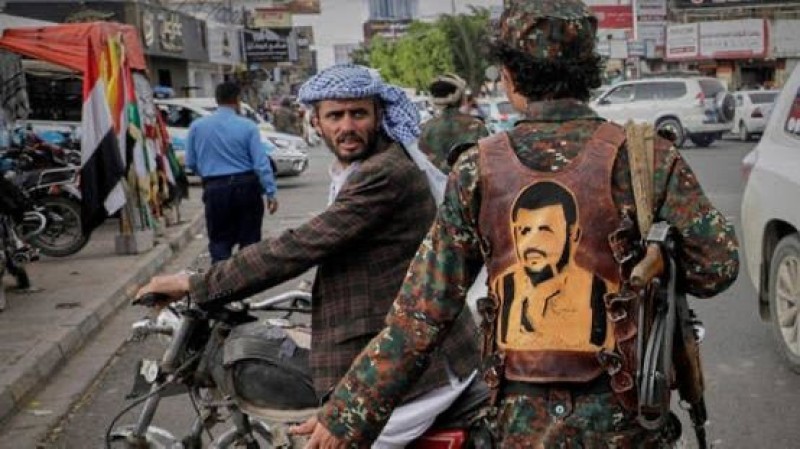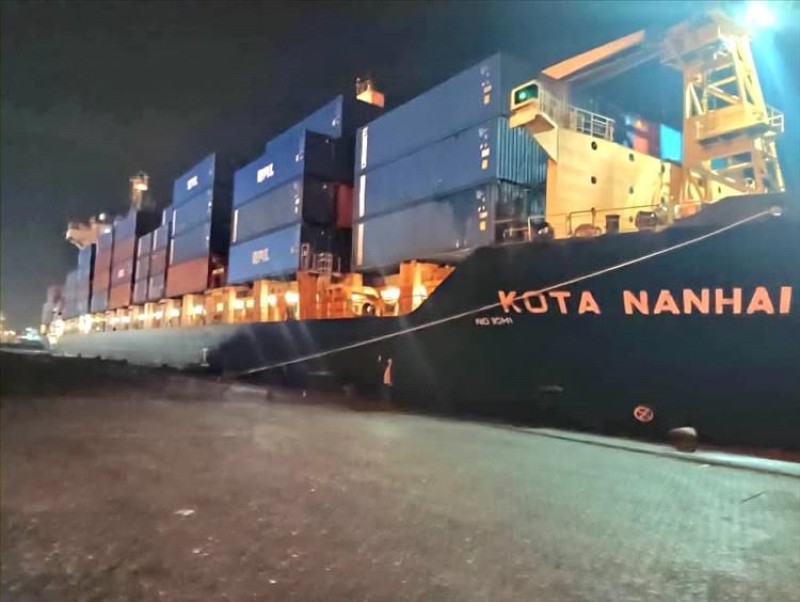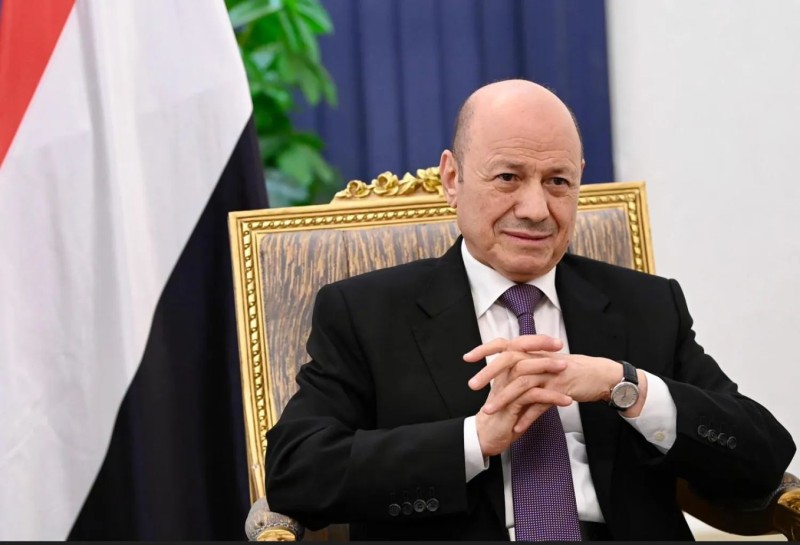Fuel shortage leads to Yemen hospital shutdowns


Photo: Injured childs at the Yareem Hospital in the city of Ibb
(IRIN) - For a doctor in the middle of a warzone, Hamoud al-Jehafi has spent very little time in recent days dealing with patients.
The head of Yareem Public Hospital in the central Yemeni city of Ibb, he has been so preoccupied with finding fuel to keep the lights on that he hasn’t found time to treat the injured.
“We have had no power at the hospital for days, and the Yemen state oil company said they can’t get us any more for at least two days."
“I‘ve been looking for diesel for [the fridges] everywhere,” he added. “We have dead bodies in the refrigerators [getting warm].”
Doctors are operating in the dark, while vital medical supplies are lacking, he said.
A Saudi Arabian-led coalition has been bombing Yemen for six weeks in a bid to force the pro-Iranian Houthi militia to give up power. It has also imposed stringent restrictions on imports, including fuel.
On Monday, the Saudi government said it was considering backing humanitarian pauses, but it was also announced that Senegal would send over 2,000 troops to support a much-threatened ground invasion.
The result of the bombing campaign and trade blockages has been a growing humanitarian crisis.
In recent weeks, the state electricity company has provided only a few hours of power per day to the capital Sana’a, even less to other cities. Yemen’s telecommunications network is expected to stop working within the next week or so due to the lack of fuel.
Many private hospitals have shut down because they were unable to obtain diesel for their generators, while public hospitals and the remaining private ones IRIN spoke to said they would be forced to close within two weeks if more fuel is not allowed in.
Mohammed al-Nehmi, 35, visited three hospitals in search of one that had enough fuel to do a CT scan for his daughter Amel. “They told me in the first two hospitals they cannot start more than two generators, so they can’t start all the devices.”
In a joint statement on Monday, the International Committee of the Red Cross (ICRC) and Médecins Sans Frontières said the country’s medical system was reliant upon drugs that were currently being blocked from entry.
“The harsh restrictions on imports imposed by the coalition for the past six weeks, added to the extreme fuel shortages, have made the daily lives of Yemenis unbearable, and their suffering immense,” said Cedric Schweizer, ICRC’s country head.
In the capital Sana’a, some hospitals are still able to operate for now. Nasr al-Qadasi, chairman of al-Gomhouri hospital – one of a handful of public hospitals serving the city of 2.5 million – told IRIN that if the state did not provide more fuel in the coming days it would be unable to provide care to thousands of patients.
“The state oil company is providing us with the required quantities, but with difficulty. If the fuel crisis is not solved within the coming few days, the hospital will close,” al-Qadasi said.
“Due to the airstrikes, we receive dozens of casualties daily, not only from Sana’a but also from many different governorates, and there will be an imminent health catastrophe,” he added.
Al-Qadasi pointed out that they have 45 people in daily need of dialysis who they would no longer be able to treat, while fuel is also needed for intensive care, surgeries, incubation and the hospital’s refrigerators.
Osama Al-Thawr, technical manager at the private German Modern Hospital, said they relied on their own generators to provide power, but that was only half the problem.
“It is very difficult to obtain fuel from Yemen Petroleum Company (YPC) by any means because of corruption and procrastination. So we use the black market to obtain fuel at three-times price in order to continue providing health care services,” al-Thawr said.
“The YPC refuse to give us our share under the pretext that there are no external sources of fuel to Yemen,” he said. “If they do give, they provide 1,000 liters for one month while the hospital consumes 800 litres a day.”
According to al-Thawr, seven private hospitals in his neighbourhood have shut down due to the lack of fuel.
Aid organisations too are suffering from the lack of fuel. Action Against Hunger (ACF) said its teams had about one week’s worth of fuel left – after which they were unsure how they would transport much-needed supplies.
“The lack of fuel has had a direct impact on our programmes and limits the movement and activity of our teams,” said ACF country director Hajir Maalim.

Sana’a – The occupied Yemeni capital Sana’a is witnessing mounting economic panic and a sharp collapse in the real estate market…

Aden – The vessel Kota Nanhai departed Al-Mualla Container Terminal at Aden Port this evening after completing the unloading of 457 standard…

Aden — Yemen’s Presidential Leadership Council Chairman Rashad al-Alimi held talks with Central Bank Governor Ahmed Ghalib to review th…